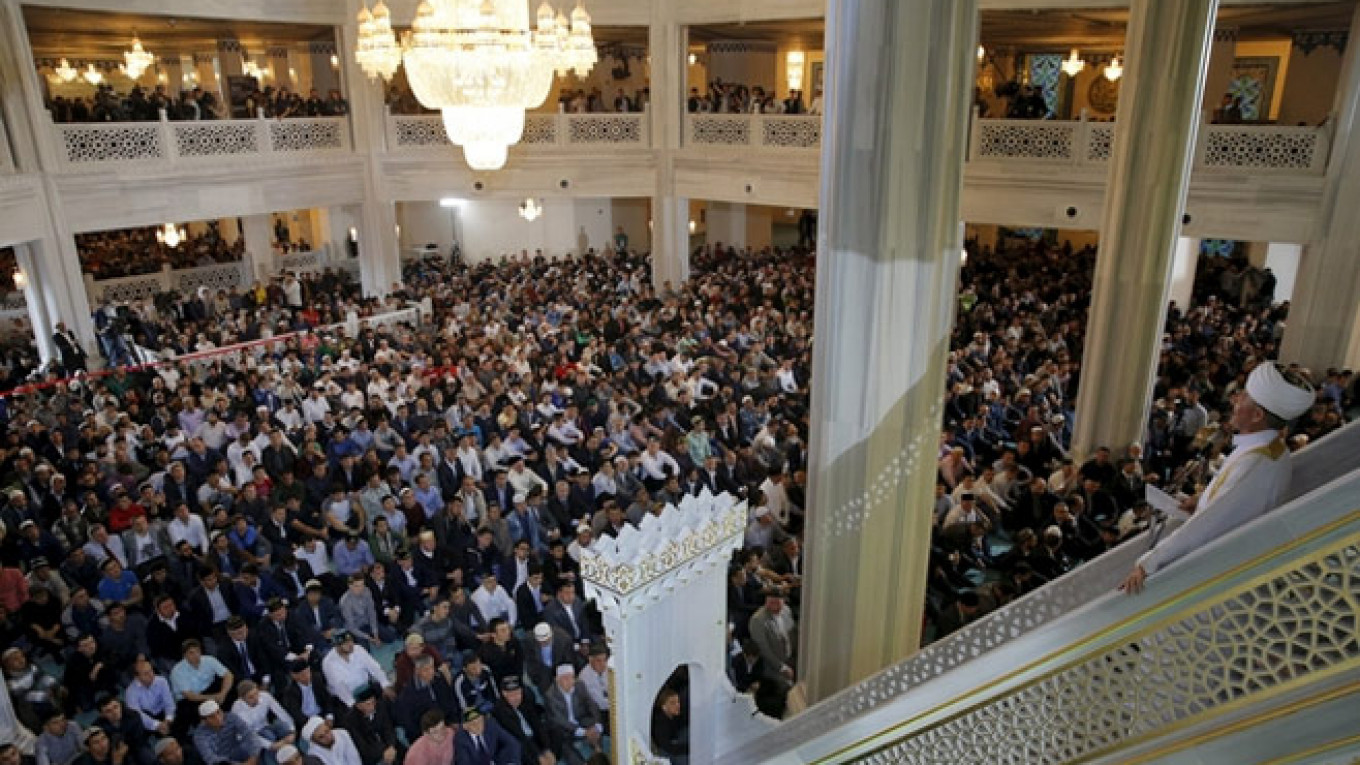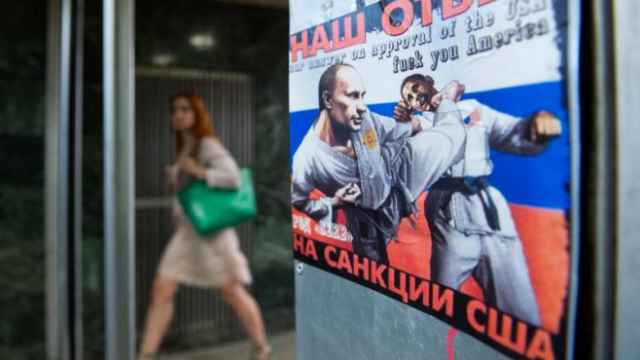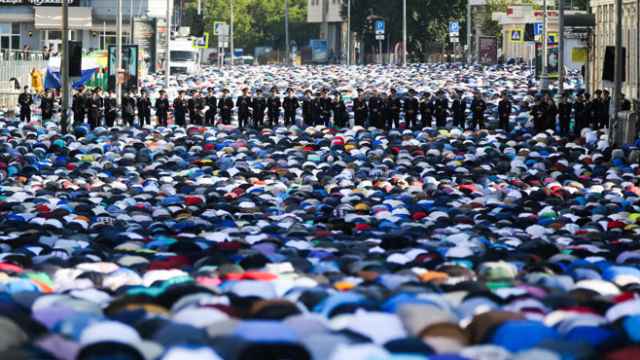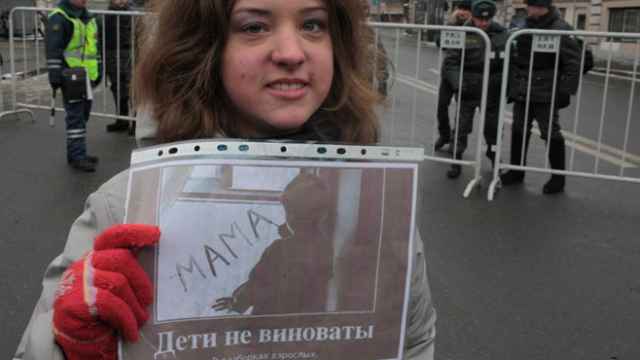The opening of Moscow's new mosque last week — after the old one at the site was demolished and a much larger one built in its place — was an event of national importance. President Vladimir Putin, Turkish President Recep Erdogan and Palestinian leader Mahmoud Abbas took part in the opening ceremony. Putin stressed the role of Muslims in the preservation of interfaith and interethnic peace and pointed out that Islam is one of the traditional religions in Russia.
Foreign and domestic challenges made the event additionally important for the Kremlin. Putin emphasized in his speech that "terrorists from the so-called Islamic State are compromising a great world religion, compromising Islam, sowing hatred, killing people, including clergy, and barbarically destroying monuments of world culture."
Moscow is currently trying to play an independent role in the Middle East crisis and it is important for the president to enlist the support of "good Muslims" against the "bad ones."
The domestic political challenges facing the Kremlin stem from the quality of public institutions and governance: The recent scandal in which a court in Yuzhko-Sakhalinsk interpreted a sacred Muslim text as "extremist" again raised a debate over the limits of legislative activity in this area and the eagerness of law enforcement officers to apply those laws within their jurisdictions. Moscow has told local officials to keep that zeal in check.
By virtue of its sheer size, the new mosque — one of the largest in Europe — should reduce the "breeding ground" for extremism. The more people that can pray in a mosque preaching traditional Islam, the lower the risk that radical and extremist religious groups will multiply.
Moscow has only six mosques serving what Council of Muftis chairman Ravil Gainutdin estimates are the capital city's 2 million Muslims.
Local residents are often unhappy when scores of worshipers fill the streets surrounding the mosques during Muslim holy days. Ordinary xenophobia leads many to believe that the more mosques there are, the greater will be the number of worshipers surrounding them when just the opposite is true: The more Muslims there are, the more mosques are needed to reduce the overflow and free local residents from any disturbance.
It is worth asking just how accurate official statistics are because many migrant workers — both legal and illegal — number among the city's Muslims. The secular authorities might find themselves with distorted statistics that underestimate the number of Muslims while overestimating the number of Russian Orthodox believers.
The Russian Orthodox Church bases its claim that it has too few churches on the fact that a huge number of survey respondents typically identify themselves as Orthodox believers, although it is well known that the great majority of them never attend church. By contrast, the lack of accurate data on the exact size of Moscow's Muslim community means their numbers might look lower on paper than they actually are, making it more difficult for them to obtain permission to build more mosques.
A past decision to raise a mosque on the site of a public park sparked protests among local residents, and so it is important that the authorities take public opinion into account when selecting a construction site.
According to SOVA Center representative Alexander Verkhovsky, residents will not oppose mosques that are built on vacant lots or in former industrial areas. A Levada Center survey found that 36 percent of Russians hold no opinion regarding the hypothetical construction of a mosque in their region or city, 30 percent would support it and 27 percent would be opposed.
Pavel Aptekar is a historian and commentator for Vedomosti. This comment originally appeared in Vedomosti.
A Message from The Moscow Times:
Dear readers,
We are facing unprecedented challenges. Russia's Prosecutor General's Office has designated The Moscow Times as an "undesirable" organization, criminalizing our work and putting our staff at risk of prosecution. This follows our earlier unjust labeling as a "foreign agent."
These actions are direct attempts to silence independent journalism in Russia. The authorities claim our work "discredits the decisions of the Russian leadership." We see things differently: we strive to provide accurate, unbiased reporting on Russia.
We, the journalists of The Moscow Times, refuse to be silenced. But to continue our work, we need your help.
Your support, no matter how small, makes a world of difference. If you can, please support us monthly starting from just $2. It's quick to set up, and every contribution makes a significant impact.
By supporting The Moscow Times, you're defending open, independent journalism in the face of repression. Thank you for standing with us.
Remind me later.







